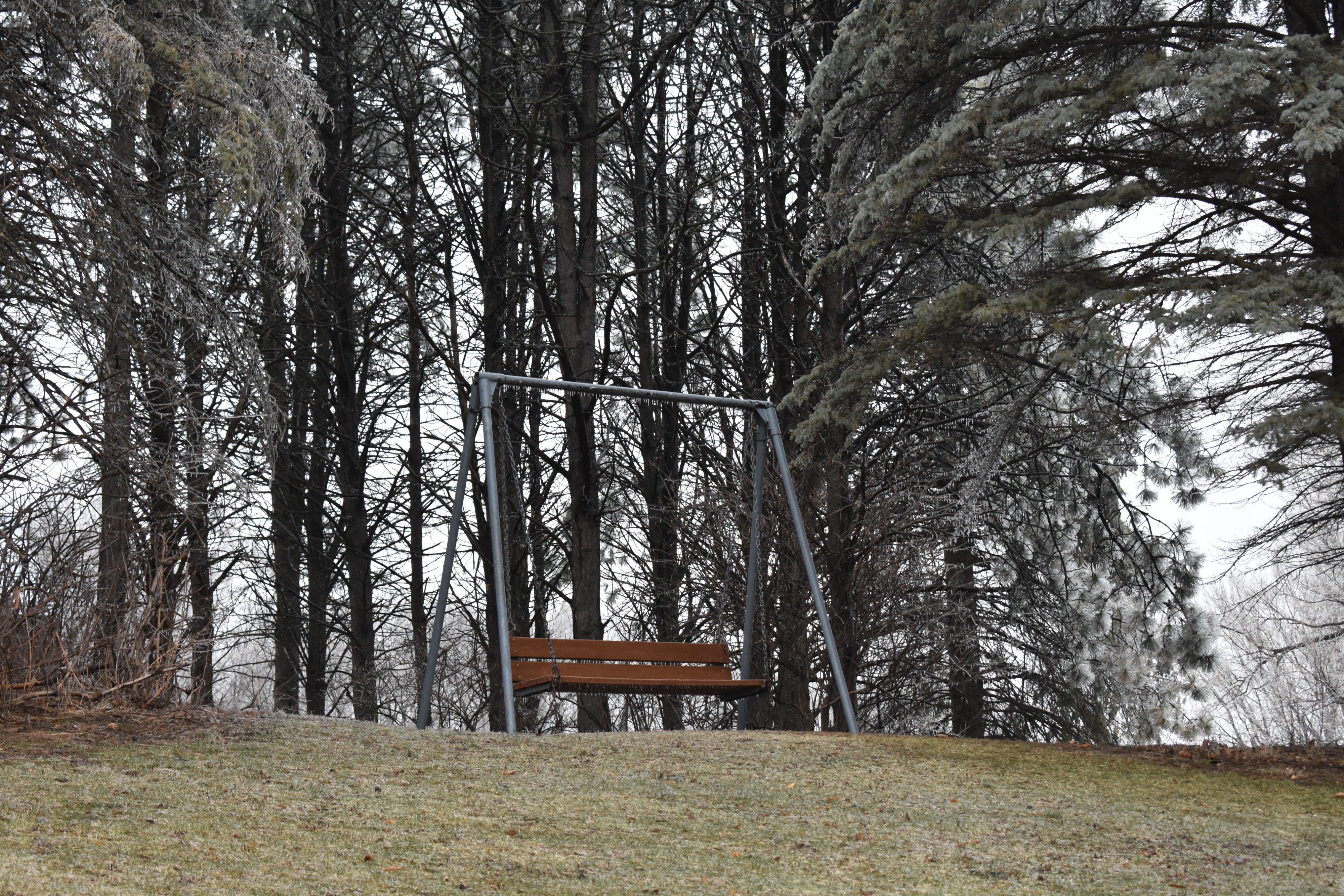
Depleted. Languishing. Fatigued.
These words have been used repeatedly to describe our collective state of mind throughout the pandemic. Each conveys our felt sense of exhaustion, weariness, emptiness, and overall malaise. Each points to our needs for rest and restoration—the kind that we experience on retreat.
In this blog series, my colleagues and I have been exploring our understanding of retreat. We’ve contended that a retreat is neither a vacation nor an escape. And a retreat center is not resort. Instead, a retreat is an intentional spiritual practice with deep roots in the Christian tradition as well as Judaism and Buddhism. A retreat consists of rituals and activities that nurture our connections to God, nature, and others; that invite us into deep rest so that we can contribute to the flourishing of others. Retreats often occur in stunning and inspiring landscapes, for example near the mountains, woods, or ocean. Sometimes they occur in fierce dry places like the desert.
Wherever we retreat, it is an invitation to rest, that is, to cease from our labor, to quiet our minds, to bask in the beauty of nature, to eat slowly, and to nap gratefully. We realign ourselves with more natural and sustainable patterns of waking and sleeping. Even if we participate in a group retreat for the sake of mutual growth and learning, rest is still integral to our experience. Group retreats integrate a mix of solitude and collaboration, silence and conversation, activity and rest. Leaning into rest, or receiving the gift of rest, fortifies our relationships to God, others, nature, and even ourselves. Whereas chronic failure to rest wreaks havoc on our lives.
On retreat, we are invited to rest, not forced to rest, or worse yet, guilted into rest. For this reason, some of the best retreats focus on intentions rather than goals. Many (if not most) of us approach life with a goal-mindset. We cross off our to-do lists. We manage projects at home and at work. We reward ourselves when we’ve accomplished what we set out to do. An intention mindset, in contrast, focuses on deeper longings, that is, qualities of life with which we want to align ourselves, such as compassion, wisdom, serenity, and equilibrium, to name a few. To illustrate the difference, I might have a goal of enhancing my listening skills in highly conflicted environments. To achieve that goal, I might participate in 950+ hours of training in Nonviolent Communication—(something I actually did!). Then I might assess how I listened to myself and others in the midst of conflict in multiple settings over a period of time. On retreat, however, I might have an intention to listen by being present to myself, others, nature, and God—(also something I have done). I might hike through the woods with my ears attuned to the sounds all around me. I might sit quietly in a lounge reading a good book or journaling my prayers. I might play a board game with my daughter and simply delight in her nonstop story-telling. And all of this might emerge as the retreat unfolds, as I listen to my longing and follow it.
In a recent blog, best-selling author, Buddhist mindfulness practitioner and teacher Jack Kornfield wrote, “Even a short period of retreat is a benevolent rest, a stepping outside of busy daily rounds, and our ordinary identity. Released from the tyranny of time, we are invited into the reality of the present, to see the mystery of life anew.” He went on to encourage his readers, “Find ways to take regular retreats. Long ones, short ones, daily mini ones. Take five minutes to do nothing, walking under the trees outside work. Sit silently on the grass or the balcony or the porch, or on your zafu. First breathe with compassion for your busy self and then put down all your plans. Open yourself to wonder. Let your heart be fed and your spirit renewed.”
So, how are you being invited to rest today? What might rest look like for you personally and professionally? How might you incorporate the restfulness of retreat into your weekly routine, not as another item on your never-ending to-do list but as a lifegiving intention?
Reverend Theresa F. Latini is executive director of Mount Olivet Conference & Retreat Center and an ordained minister in the Presbyterian Church (USA).